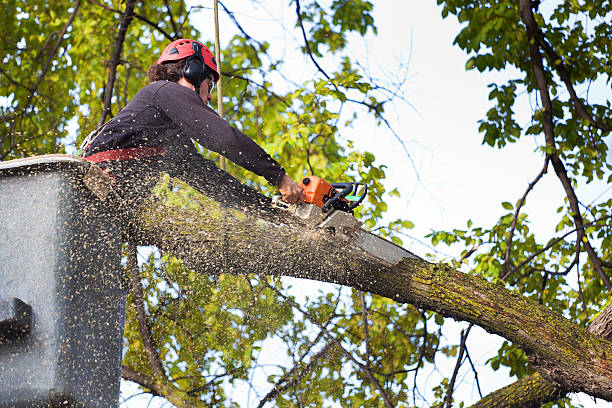In an era where technology evolves at an unprecedented pace, electricians emerge not merely as tradespeople but as vital catalysts for change, driving society towards an electrified and sustainable future. Their role transcends the traditional boundaries of installing and repairing electrical systems; they are at the forefront of innovation, safety, and environmental stewardship. As we delve deeper into the technological era, the significance of electricians in our daily lives and their impact on our future becomes increasingly profound.
The Vanguard of Technological Integration
Electricians stand as the vanguard in the integration of cutting-edge technologies into the fabric of everyday life. With the advent of smart homes, electric vehicles (EVs), and IoT (Internet of Things) devices, their expertise is indispensable. They do not just lay cables or fix sockets; they integrate systems that enhance energy efficiency, provide unprecedented levels of convenience, and redefine our living and working spaces. As pioneers, electricians navigate the complexities of these technologies, ensuring they are accessible and functional for everyone.
Spearheading the Green Revolution
The battle against climate change is fought on many fronts, and electricians are on its front lines. They are instrumental in installing and maintaining renewable energy systems, such as solar panels and wind turbines, playing a crucial role in the transition from fossil fuels to renewable sources of energy. Their work in setting up energy storage systems and electric vehicle charging stations is also crucial, making sustainable choices more viable for the average consumer. Through their hands, electricians are quite literally wiring the future, enabling a greener, more sustainable world.
Ensuring Safety in an Electrified Age
As our reliance on electrical systems grows, so does the importance of maintaining these systems to prevent hazards. Electricians are the guardians of electrical safety, equipped with the knowledge and skills to ensure that our increasing dependence on electricity does not come at the cost of safety. From residential homes to high-tech industrial facilities, they implement and uphold stringent safety standards, protecting lives and assets from the dangers associated with electrical systems.
Educators and Lifelong Learners
In the fast-evolving field of electrical technology, Electricians Around are both educators and lifelong learners. They continuously update their knowledge to stay ahead of technological advancements, and by doing so, they become invaluable sources of information and guidance for the community. Whether advising homeowners on energy-saving measures or teaching apprentices the nuances of smart technology integration, electricians play a pivotal role in spreading knowledge and fostering a culture of innovation and sustainability.
Responders in Times of Need
In the aftermath of natural disasters or during critical failures in the electrical grid, electricians are among the first responders, working tirelessly to restore power and normalcy. Their skills and dedication ensure that essential services remain operational, highlighting their role as unsung heroes in times of crisis. Their work not only brings back the light but also represents hope and resilience in the face of adversity.
Conclusion: Celebrating the Role of Electricians
As we navigate the complexities of the 21st century, the role of electricians is more critical than ever. They are not just the workforce behind our electrical systems but the drivers of change, innovation, and sustainability. By embracing the challenges and opportunities of the technological era, electricians are shaping a future where electricity is safe, accessible, and sustainable. As we depend more on their expertise and dedication, it’s time to recognize and celebrate the electricians among us, for they are indeed wiring the future, one circuit at a time.


